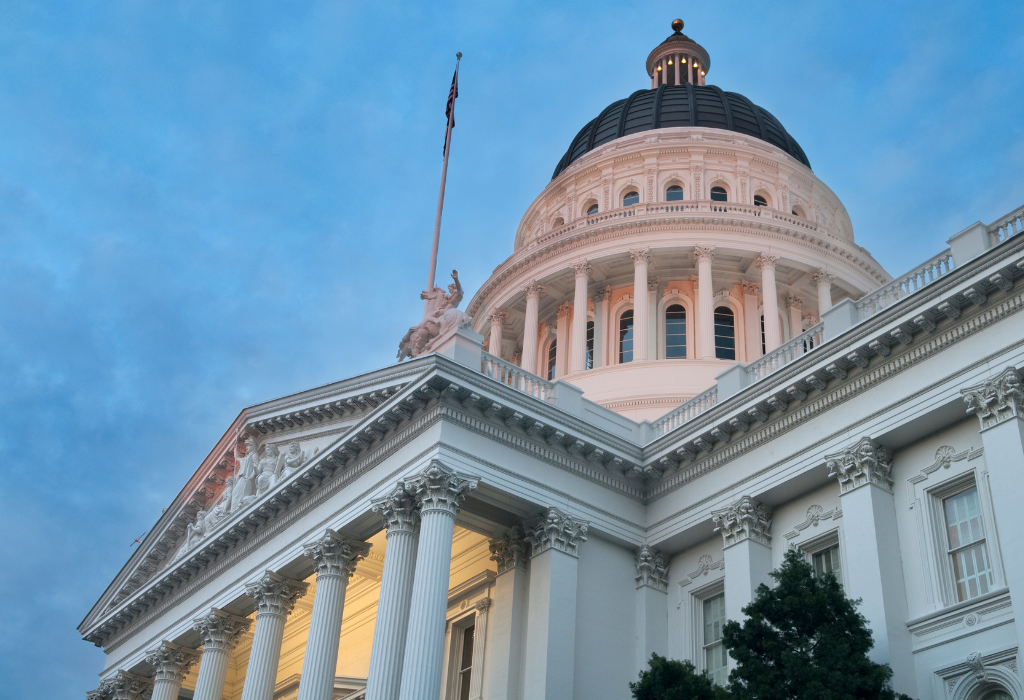
For Immediate Release
January 10, 2023
Contact: Robin Tung, Building Decarbonization Coalition
robin@buildingdecarb.org
Sacramento, Calif. – Governor Newsom presented a budget proposal today that cuts the state’s $1.4 billion multi-year commitment for transitioning California homes and buildings from polluting gas appliances to healthy, electric alternatives. Programs prioritizing low-income households, environmental justice communities, and community resilience centers would see delays and/or cuts to funding:
- Equitable Building Decarbonization—Maintains $835 million of the original $922 million investment and delays $370 million of funds in the current year to outer years for support of projects reducing greenhouse gas emissions in homes and advancing energy equity.
- Community Resilience Centers—Maintains the full $170 million investment but delays $85 million to 2024-25. This program will expand access to cooling, backup power, and other resources by upgrading community-based facilities with clean energy technologies like heat pumps.
- Accelerating Adoption of Low Global Warming Pollutant Refrigerants—Maintains $20 million of the original $40 million investment to support businesses adopting technologies with low global warming pollutant refrigerants.
“Governor Newsom’s proposal cuts funding for programs that could help relieve low-income households and environmental justice communities when gas prices are spiking,” stated Jose Torres, California Director at the Building Decarbonization Coalition. “Californians are struggling to pay utility bills this winter, and they need support now more than ever to transition to clean, electric appliances. Our communities need every dollar of our state’s $1.4 billion commitment to protect them from fossil fuel volatility, pollution, and climate change. California made great strides towards emissions-free buildings and homes last year, and we need to keep that momentum going.”
The reduced budget proposal, which was impacted by a deficit from the recession, arrives in the midst of soaring inflation and prolonged increases in wholesale methane gas prices. In Southern California this month, households will see gas heating bills that are more than double what they paid last year. Programs to support low-income households in accessing electric appliances like heat pumps will help insulate them from high fossil fuel prices. With 4.5 million low-income households in California, state investment is crucial for creating healthy and affordable homes.
Gas appliances also pose numerous health risks. A recent study finds that 12.7% of childhood asthma in the U.S. is attributable to gas stove use. In California, where 9.2 million homes use gas stoves for cooking, the rate is markedly higher. Additionally, a study last year reported that gas stoves in California produce hazardous concentrations of the carcinogen benzene comparable to second-hand smoke.
Though federal money will begin funneling to states through the Inflation Reduction Act, the $50 billion for building decarbonization–which is to be split among states–amounts to electrifying approximately 1% of the nation’s households. Therefore, consistent state funding to move California households off of gas appliances and onto clean, healthy electric appliances is critical if the state is going to protect public health, meet its climate goals, improve air quality, and reap the economic benefits of electrification.
